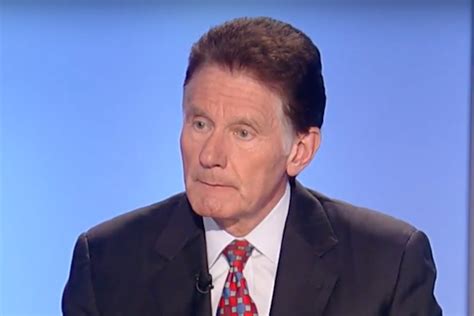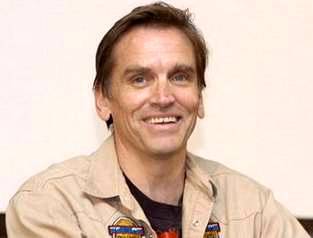A Quote by John Moody
While no one railroad can completely duplicate another line, two or more may compete at particular points
Related Quotes
Another of the strange and evil tendencies of the present day is the decoration of the railroad station... There was never more flagrant nor impertinent folly than the smallest portion of ornament in anything connected with the railroads... Railroad architecture has or would have a dignity of its own if it were only left to its work.
Never discount a country by their size or resources. What may not be useful to yours, could be greatly beneficial to other lands in need. Everything exists with a purpose. True wealth is what cannot be seen. While one country can have a huge powerful military, another land may lack the budget and manpower to compete with it -- but be filled with happy citizens.
[from the television show,"Evade the Question Time"]At the end of the first round, I will award three points to Mr. Kaine for an excellent nonspecific condemnation, plus one bonus point for blaming the previous government and another for successfully mutating the question to promote the party line. Mr. van de Poste gets a point for a firm rebuttal, but only two points for his condemnation, as he tried to inject an impartial and intelligent observation.
The importance of our being free to do a particular thing has nothing to do with the question of whether we or the majority are ever likely to make use of that particular possibility. To grant no more freedom than all can exercise would be to misconceive its function completely. The freedom that will be used by only one man in a million may be more important to society and more beneficial to the majority than any freedom that we all use.
Professor Brown: 'Since this slide was made,' he opined, 'My students have re-examined the errant points and I am happy to report that all fall close to the [straight] line.' Questioner: 'Professor Brown, I am delighted that the points which fell off the line proved, on reinvestigation, to be in compliance. I wonder, however, if you have had your students reinvestigate all these points that previously fell on the line to find out how many no longer do so?'


































